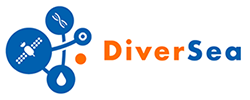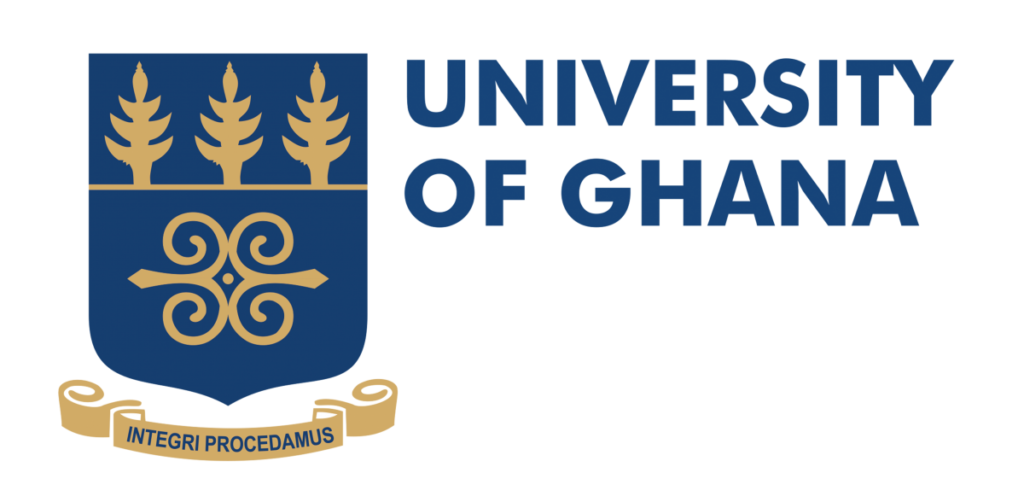University of Ghana - DiverSea Partners
University of Ghana
University of Ghana
University of Ghana Institute for Environment and Sanitation Studies
The Institute for Environment and Sanitation Studies (IESS) was established at the University of Ghana in 2012 with the aim of training post-graduate students who can address the grand challenges that face the planet. IESS is a member of several consortia with an interest in climate change, biodiversity, and pollution, including the Alliance of Research Universities of Africa (ARUA), and is involved in consortium projects. IESS is also part of the Centers for Natural Resources and Development (CNRD), the Global Universities Partnership on Environment for Sustainability (GUPES) and the Earth System Governance Research Alliance. Current IESS Biodiversity and Climate-Related Initiatives include the Coastal Community Resilience to Climate and Diarrhoea (C2R-CD) Project, funded by the Danish International Development Agency (DANIDA), and the Building Capacity to Crosslink Coastal Pollution with Climate Change BC5 Project in collaboration with the Norwegian University of Science and Technology and the University of Dar Es Salaam in Tanzania.
Role in DiverSea
The Institute for Environment and Sanitation Studies of the University of Ghana is a participant in Work Package 1 and Work Package 5. The case study focus is a biodiversity hot spot on the coast of the Gulf of Guinea which has a Mangrove ecosystem that is highly exploited by local indigenes. The relevant specific objectives include improving the use of autonomous in situ water sampling especially for eDNA and plankton and developing data quality control protocols so that it is possible to integrate citizen science activities into project activities. Under WP5, IESS will raise awareness and capacity building on topics of biodiversity decline and its link to environmental and ecological concerns and the potential for mitigation. IESS will engage in participatory activities in the form of citizen science and crowdsourcing and improve the use of these activities as communication platforms for ocean literacy. We will also work towards using a collaborative experiential learning approach to improve scientific methodology and data quality on citizen science activities as well as improve existing levels of engagement in local and global communities for monitoring and data acquisition of the marine and coastal ecosystem, by empowering citizens, and building capacity of non-governmental organisations such as youth groups.
Contact
Chris Gordon, Professor | cgordon@ug.edu.gh | cgordon@staff.ug.edu.gh
Adelina Mensah, WP5 Contact | ammensah@ug.edu.gh | ammensah@staff.ug.edu.gh
|
|
← Return to DiverSea Partners



